<Back to Index>
- Pianist and Singer Roosevelt "The Honeydripper" Sykes, 1906
- Guitarist and Singer Henry "Mule" Townsend, 1909
PAGE SPONSOR
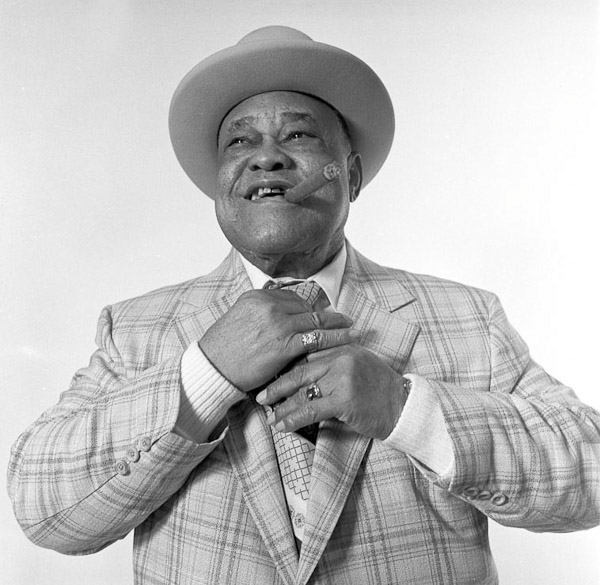
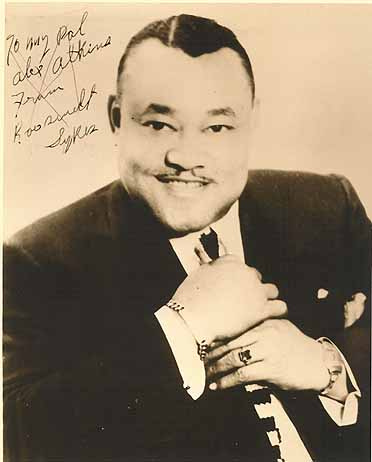
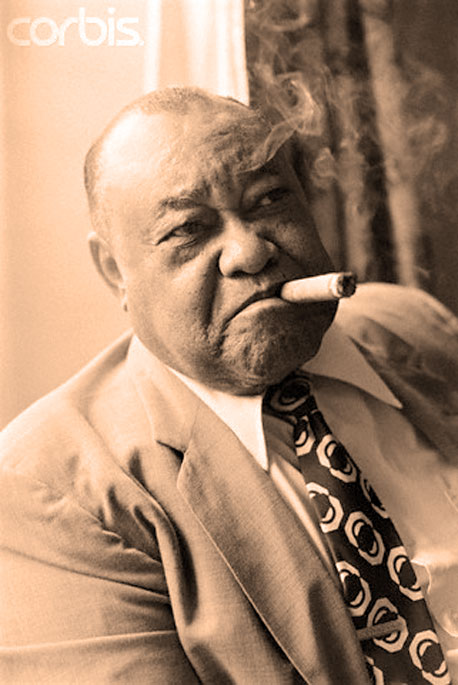
Roosevelt Sykes (January 31, 1906 - July 17, 1983) was an American blues musician, also known as "The Honeydripper". He was a successful and prolific cigar chomping blues piano player, whose rollicking thundering boogie - woogie was highly influential.
Born in Elmar, Arkansas, Sykes grew up near Helena but at age 15, went on the road playing piano with a barrelhouse style of blues. Like many bluesmen of his time, he traveled around playing to all-male audiences in sawmill, turpentine and levee camps along the Mississippi River, gathering a repertoire of raw, sexually explicit material. His wanderings eventually brought him to St. Louis, Missouri, where he met St. Louis Jimmy Oden.
In 1929 he was spotted by a talent scout and sent to New York to record for Okeh Records. His first release was "'44' Blues" which became a blues standard and his trademark. He quickly began recording for multiple labels under various names including 'Easy Papa Johnson', 'Dobby Bragg' and 'Willie Kelly'. After he and Oden moved to Chicago he found his first period of fame when he signed with Decca Records in 1934. In 1943, he signed with Bluebird Records and recorded with 'The Honeydrippers'.
In Chicago, Sykes began to display an increasing urbanity in his lyric writing, using an eight bar blues pop gospel structure instead of the traditional twelve bar blues. However, despite the growing urbanity of his outlook, he gradually became less competitive in the post-World War II music scene. After his RCA Victor contract expired, he continued to record for smaller labels, such as United, until his opportunities ran out in the mid 1950s.
Roosevelt left Chicago in 1954 for New Orleans as electric blues was taking over the Chicago blues clubs. When he returned to recording in the 1960s it was for labels such as Delmark, Bluesville, Storyville and Folkways that were documenting the quickly passing blues history. He lived out his final years in New Orleans, where he died from a heart attack on July 17, 1983.
Sykes had a long career spanning the prewar and postwar eras. His pounding piano boogies and risqué lyrics characterize his contributions to the blues. He was responsible for influential blues songs such as "44 Blues", "Driving Wheel" and "Night Time Is the Right Time".
He was inducted into the Blues Hall of Fame in 1999 and the Gennett Records Walk of Fame in 2011.
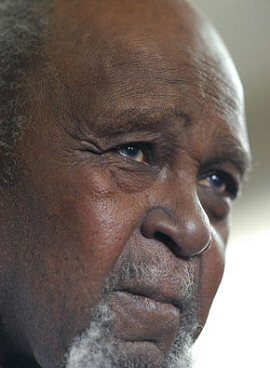
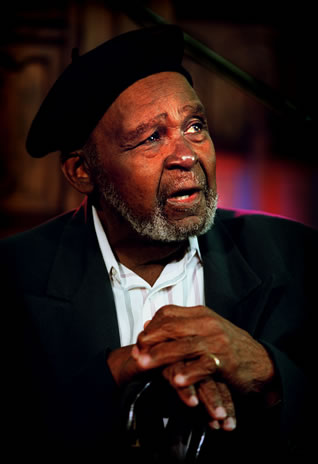
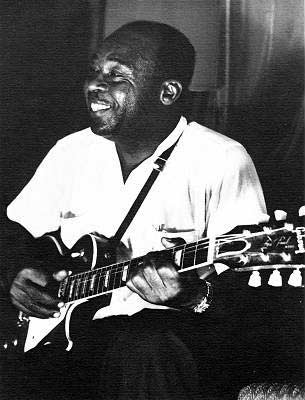
Henry 'Mule' Townsend (October 27, 1909 - September 24, 2006) was an American blues singer, guitarist and pianist.
Townsend was born in Shelby, Mississippi and grew up in Cairo, Illinois. He left home at the age of nine because of an abusive father and hoboed his way to St. Louis, Missouri. He learned guitar while in his early teens from a locally renowned blues guitarist known as "Dudlow Joe".
By the late 1920s he had begun touring and recording with pianist Walter Davis, and had acquired the nickname "Mule" because he was sturdy in both physique and character. In St. Louis, he worked with some of the early blues pioneers, including J.D. Short.
Townsend was one of the only artists known to have recorded in nine consecutive decades (starting in the 1920s). He has recorded on several different labels including Columbia and Folkways Records. He first recorded in 1929 and remained active up to 2006. By the mid 1990s, Townsend and his one - time collaborator Yank Rachell were the only active blues artists whose performing lives stretched back to the 1920s.
Articulate and self aware with an excellent memory, Townsend gave many invaluable interviews to Blues enthusiasts and scholars. Paul Oliver recorded him in 1960 and quoted him extensively in his 1967 work Conversations with the Blues. Thirty years later, Bill Greensmith edited thirty hours of taped interviews with Henry to produce a full autobiography, giving a vivid history of the Blues scene in St Louis and East St Louis in its prime.
In 1985 he received the National Heritage Fellowship in recognition of being a master artist. In 1995 he was inducted into the St. Louis Walk of Fame.
Townsend died, at the age of 96, on September 24, 2006, at St. Mary's Ozaukee Hospital, Mequon, Wisconsin, just hours after having been the first person to be presented with a 'key' in Grafton's Paramount Plaza Walk of Fame.
While [Henry Townsend] did not scorn his old recordings, he had no taste for spending his later years simply recreating them.
Blues, for him, was a living medium, and he continued to express himself in it, most remarkably in his songwriting.
-Tony Russell, The Guardian
On December 4, 2009, Henry Townsend was added to the Mississippi Blues Trail.
On February 10, 2008, The Late Henry Townsend received his first Grammy Award at the 50th Annual Grammy Awards in the Best Traditional Blues Album category for his performances on Last of the Great Mississippi Delta Bluesmen: Live In Dallas released by The Blue Shoe Project, The Grammy Award was accepted by his young son, Alonzo Townsend.